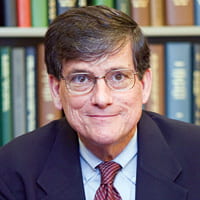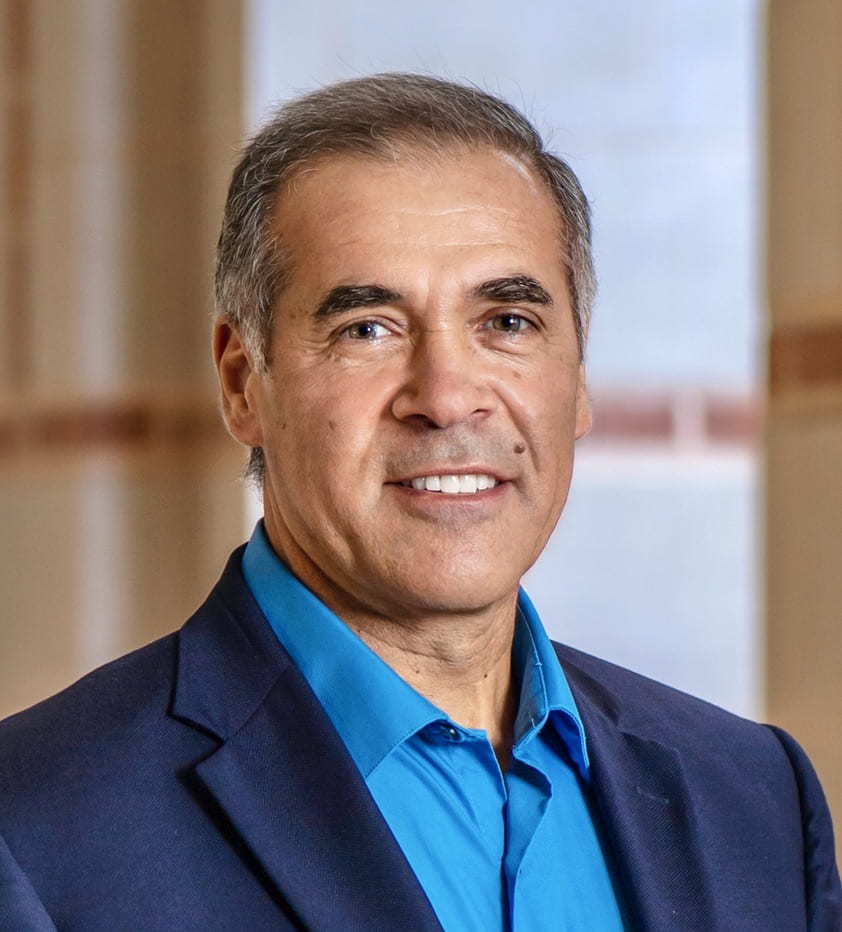2021 Speaker Series—Defining Latinx in the U.S.: Language, Race, and Ideology
THE SPEAKER, NOT THE LANGUAGE, IN THE STUDY OF SPEAKERS IN CONTACT

Ricardo Otheguy
City University of New York
[in person – location TBA]
December 8, 2021
4 pm
In the study of bilingualism, it is often said that the central organizing concept is that of languages in contact. Such languages borrow words from one another (e.g., Spanish has borrowed palta from Quechua, zacate from Nahuatl, béisbol from English). Languages in contact also lead to convergence. One often hears in South American Spanish that the end of the pandemic will mark a return to reuniones presenciales while in U.S. Spanish one often hears it will mark a return to reuniones cara-a-cara which is obviously taken from English face-to-face meetings.
Another result of language contact is said to be code switching, when bilinguals start in one language, then switch to the other, and then switch back again (mucha gente want him to tell them pero él keeps quiet y no dice nada). As it turns out, all these formulations are misleading, because the notion of language contact is not theoretically coherent. Languages do not come into contact, speakers do.
Once we switch from languages to people, the linguistic behavior of bilinguals starts to look very different, and many established ideas about how to think about borrowing, convergence, and code switching can be called into question. And so can the notion of bilingualism itself, which emerges as a sociocultural construct rather than a linguistic one, with important ramifications for the study of language, society, and education.

